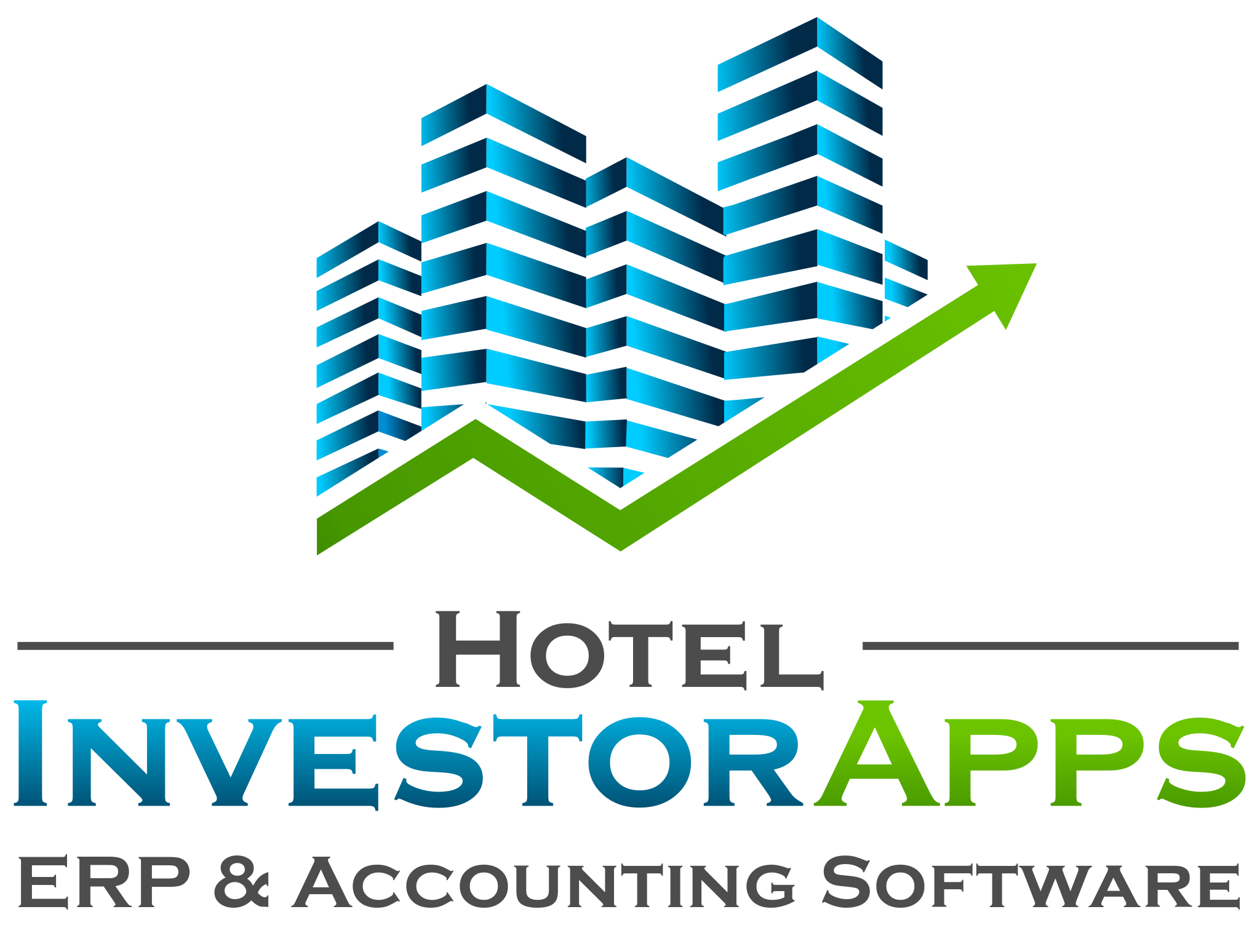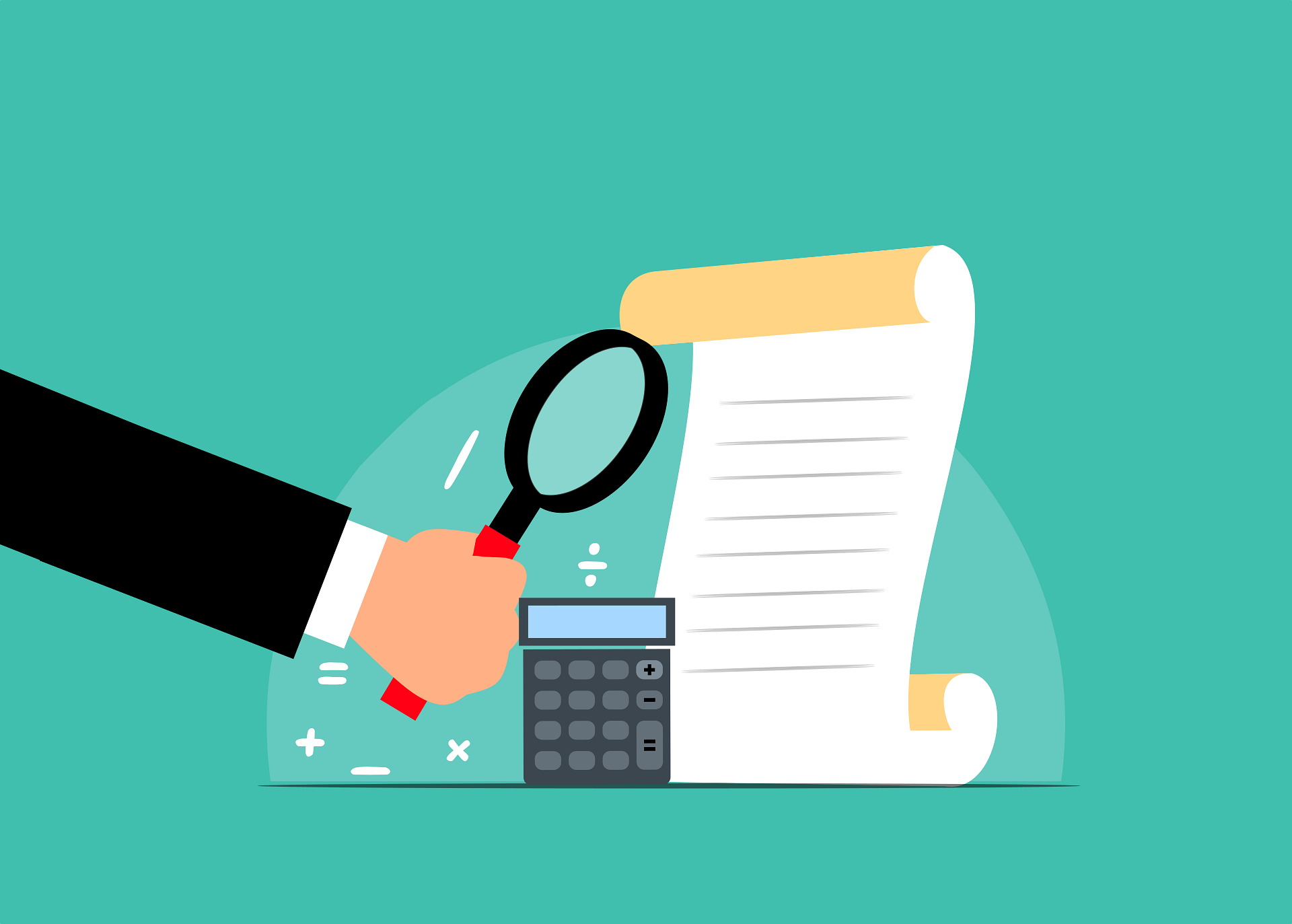Looking to update your hotel accounting software? Make sure you choose one that preserves your General Ledger history – or risk being caught without one!
A management company recently shared this cautionary tale with us – they had moved their hotels from a general accounting system to a hotel specific system – but it was one that did not preserve their General Ledger level history (warning – many do not!). Since the software only imported their Trial Balance level history, they lost all of their historical General Ledger detail.
Not long after the transition, they were notified by the Department of Revenue that one of their hotels had been selected for an audit – and they were unable to produce the General Ledger history to support their financial statements – causing major headaches and issues in the audit process.
Having had that experience, when looking to upgrade their accounting software again, HIA’s revolutionary ability to preserve and import full General Ledger history was one of the features that stood out to them.
Let’s review the importance of a General Ledger and the crucial role it plays in an audit.
What is a General Ledger?
A General Ledger (GL) is the primary record containing a hotel’s income, expenses, assets, liabilities, and equities over its lifetime. The GL serves as the foundation of the hotel’s accounting system and is the primary means to keep track of every transaction made.
The GL is created from accounting journal entries made in chronological order for every completed financial transaction. These records can then be sorted into categories which create a summarized and comprehensive history of the hotel’s finances.
A General Ledger ensures complete accuracy in financial statements, because data streams from this source.
How are General Ledgers used in an audit?
As the single source of truth, the General Ledger is the essential resource for auditors to track down and trail transactions. If something does not add up, they can refer to it to identify the root cause.
Auditors use the General Ledger to:
-
- See the detailed explanation of income and expenses to ensure everything has been properly classified.
-
- To select items for further review. For example, an auditor may select a General Ledger expense for room supplies and ask to see the invoice that created the expense item.
-
- To compare the total General Ledger activity for income and expenses to the total activity on the income statement. The ending balance in asset, liability and owner equity accounts should equal the amounts reflected on the balance sheet.
As a former California state auditor commented, “Proof is in the reports. Companies don’t always get in trouble because they managed sales tax wrong, but because they can’t produce reports that prove they’re doing it correctly.”
The Right Tools to Manage Hospitality Tax Complexity
Not only is there a risk in moving to an accounting software that does not import your General Ledger history in the case of an audit, but there is a risk of staying in a technologically dated accounting system that makes managing complex lodging taxes even more difficult.
Today, the hospitality industry faces increasingly complex hotel tax requirements, especially for full service hotels. Not only do hotel accountants need to manage tax compliance for different organizational structures, but they have to stay on top of different tax jurisdictions such as state, county, city and local. Also, in addition to lodging tax, food and beverage items can be taxed differently in different jurisdictions – and even other items, like parking.
Moving to a technologically advanced back-office software that automates manual tasks will reduce errors, improve accuracy, and help your team focus on the most important tasks. Plus, when you can move to a software that also preserves your GL history data, then you have the right tools to manage both your past and future data.
How HIA Preserves & Imports Your Historical GL Data
HIA’s software development team exclusively designed this industry-first capability to capture and import detailed historical GL transactions, compared to just the Trial Balance detail provided by other software.
If a company only imports Trial Balance level detail, that means that only the month end value is maintained – not the GL transactions which show the story behind the numbers – such as why a cash account changed $50,000 in a month. This is important information to maintain for audit purposes, as well as for more accurate budgeting and decision-making.
HIA’s historical GL data import tool is a huge leap forward, both because of the detail it captures, as well as the speed and capacity. Rather than the time-consuming, month by month upload for just a Trial Balance level detail with other software, HIA’s tool imports the GL level transaction detail and imports multiple years simultaneously.
HIA’s Founder & CEO, Charlie Fritsch, noted, “We are excited to have developed a tool that enables hoteliers to retain such detailed historical data, so that they can easily upgrade to more modern accounting software without risking losing any crucial information.”
For more details on HIA’s GL history import tool, check out this video.
Ready to learn more about HIA’s ERP & Accounting software? Contact us for a demo.

Director of Marketing at HIA
Elisa Fritsch, Director of Marketing at HIA, contributes 15 years of diverse sales and marketing experience from corporate to start-up environments. In the hospitality sector, she managed B2B marketing for notable companies like Choice Hotels International and Kalibri Labs. At HIA, Elisa focuses on inbound and content marketing, leveraging her industry knowledge to drive growth.










